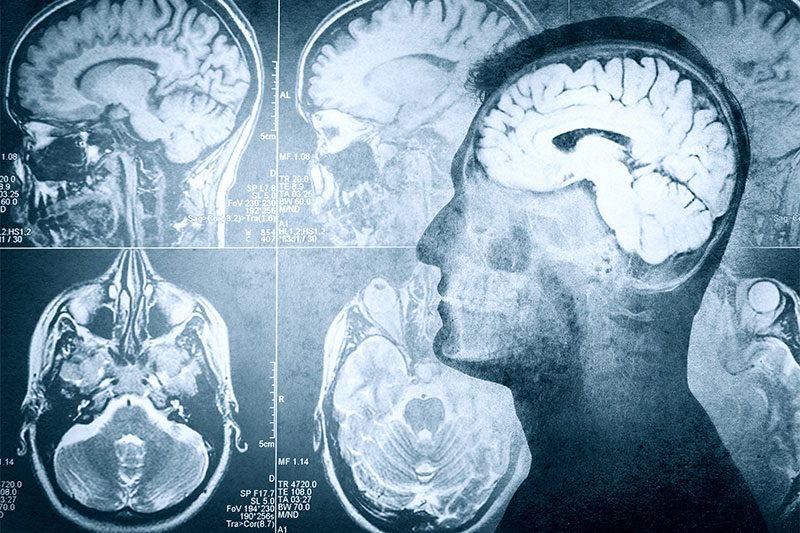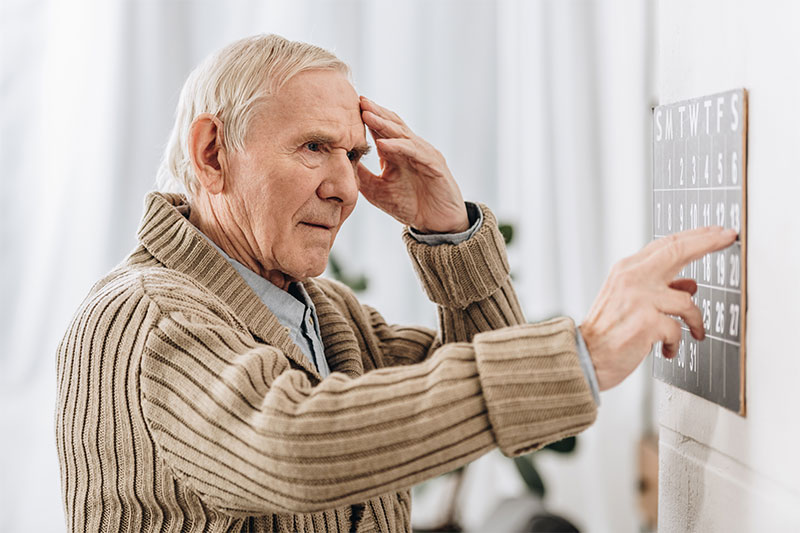Dementia affects millions of people, yet a lot of myths about this condition still exist.
Dementia which includes Alzheimer’s is difficult to live with for the patient and the caregivers which usually are the adult children of patients. Even if they are unable to be the ones to physically care for them on their own, their parents are still in their care as they look out for their wellbeing.
Denial is common — but it doesn’t help

And, it does not help that there are plenty of myths about dementia. Let’s talk about 15 things you never likely knew about it.
Medications Can Have Bad Side Effects

Many medications that patients with dementia are prescribed are known to have negative side effects. Some of the side effects can include dementia symptoms worsening. This is why if you are taking your aging parent or relative to the doctor, inquire about all of the side effects of the medications they would be prescribed.
Brain Health Can Be Stronger Even After A Diagnosis

The assumption that is often made is that brain health is finished and will keep degenerating after the diagnosis of dementia is made. Even though it is true that the condition gets progressively worse, it does not mean to give up and the worsening effects can be delayed as well. There are exercises that can help improve and strengthen cognitive ability, for instance. A diagnosis does not mean giving up.
Those With The Condition Can’t Help Their Behavior

Quite often dementia patients can come off as angry and abusive and it is hard to believe they cannot help themselves. They really are unable to control their behavior and unfortunately, if their behavior is too much to handle then physically caring for them will not be possible anymore. As the disease progresses, the behaviors will worsen.
Memory Comes And Goes With Dementia Patients

You may be dealing with an outburst from your parent with dementia because you had made an appointment to see their doctor as you do your best to prepare them for it. However, things settle down and then go back to ‘normal’. Then the next thing you know the parent is asking about someone who has passed away. Instead of telling them that they are gone, ask them to talk about them and ask them about what they remember about them. Take it literally 30 minutes at a time while caring for a dementia patient.
Dementia Is An Umbrella Term For Many Diseases

Dementia is not a disease by itself as it is an umbrella term for many diseases of the brain which includes Alzheimer’s. Dementia can express itself in so many ways as one patient that has it will not be affected the same way as another patient.
Women Are More Likely To Develop The Condition Than Men

There is no real answer as to why women are more likely to develop dementia than men. It could be that on average, women live longer than men and as a result are more likely to develop the condition for that reason alone.
Memory Loss Is Not The Only Symptom
Dementia is only associated with memory loss. However, that is not the only symptom. There is also confusion, there are mood swings, there are changes in personality such as the sudden onset of aggression. There is disorientation and struggle with communication as well. Dementia is only associated with memory loss. However, that is not the only symptom. There is also confusion, there are mood swings, there are changes in personality such as the sudden onset of aggression. There is disorientation and struggle with communication as well.
Dementia Can Happen Earlier Than 65

Even though dementia worsens with age, there is also an early onset of dementia which can happen to anyone in their 40s and 50s. In fact, those who have early onset of dementia may be caring for parents with Alzheimer’s. The one thing about the early onset of dementia that starts in the 40s and 50s is that the disease would not have progressed too far. In other words, there are more moments of lucidity and normal cognitive ability than not. Therefore, if you are noticing signs, note them, and talk to your doctor. Genetics play a role as well.
50 Million People In The World Have The Condition
The WHO has stated that 50 million people around the world have dementia which makes the condition quite common. This incurable but non-terminal disease is an epidemic which causes those who have it to not have much of a quality of life.
Preventative Measures Can Be Taken
If you quit smoking if you are a smoker, cut down on drinking alcohol, start exercising, have a healthy eating lifestyle, and meditate regularly, you can prevent the onset of dementia. That does depend largely on genetics as well, but if you do these things, the odds are in your favor. Keeping your brain active and stimulated through reading and learning will also help keep it at bay.
The Condition Is Seen More In The Lower Class Communities

Those who are poor and uneducated are more likely to end up with dementia than their middle-class or high-class counterparts that have a post-secondary education. That is why you see a rise in the condition happening in developing countries. It is believed that the post-secondary education helps strengthen the brain which helps reduce the risk of it happening.
Caregiver Burnout Can Increase The Chances Of Development Of Dementia

Whether you are caring for a parent with dementia and/or a cognitively disabled older child or adult can do a lot of damage to the brain. This is why it is critical to get in-home help and look around for insurance plans. Caregiver burnout can cause other serious health conditions in addition to dementia if it is not tackled.
Dementia Is Expensive For The US
The dementia epidemic costs the US almost $300 billion a year. There are Medicaid funds as well as out-of-pocket expenses for caregiving. A large chunk of that cost consists of unpaid family caregiving as well. Therefore, dementia is extremely costly.
You Can Still Live A Decent Life
If you were diagnosed with dementia it does not mean you are sentenced to living a bad life. You can still live a good life as long as you have the best care and treatment and there are always going to be difficult moments but joyous ones too.
Dementia is difficult for the patient and the caregivers, but what makes it even more difficult is the misinformation about it. This right here helps to dispel the myths about the condition.


